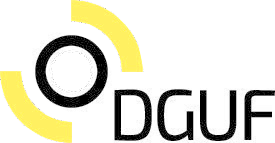Adding value: an independent system of accreditation for archaeology and cultural heritage
Identifiers (Article)
Identifiers (Files)
Abstract
There are many approaches to archaeology and cultural heritage across the world. These tend to be situated on a spectrum between total state control (the ‘national patrimony’ model) and the regulation of private actors (the ‘social licence’ model). Whichever model – or combination of models – is used, the success of any archaeological or cultural heritage programme depends on adequate resources, community and stakeholder engagement, and strong regulation and oversight. It is also essential that the archaeologists or other heritage practitioners have the necessary skills and operate in a professional framework which is independent of political or financial structures. What should such a professional framework look like, and how should it be managed? How can an independent professional framework achieve recognition from government and private-sector archaeology and cultural heritage practitioners at all levels? How can such a framework retain the respect of politicians, developers and other professions whose work impacts on archaeology and cultural heritage? What value does an independent system of accreditation add for the public?
Statistics








